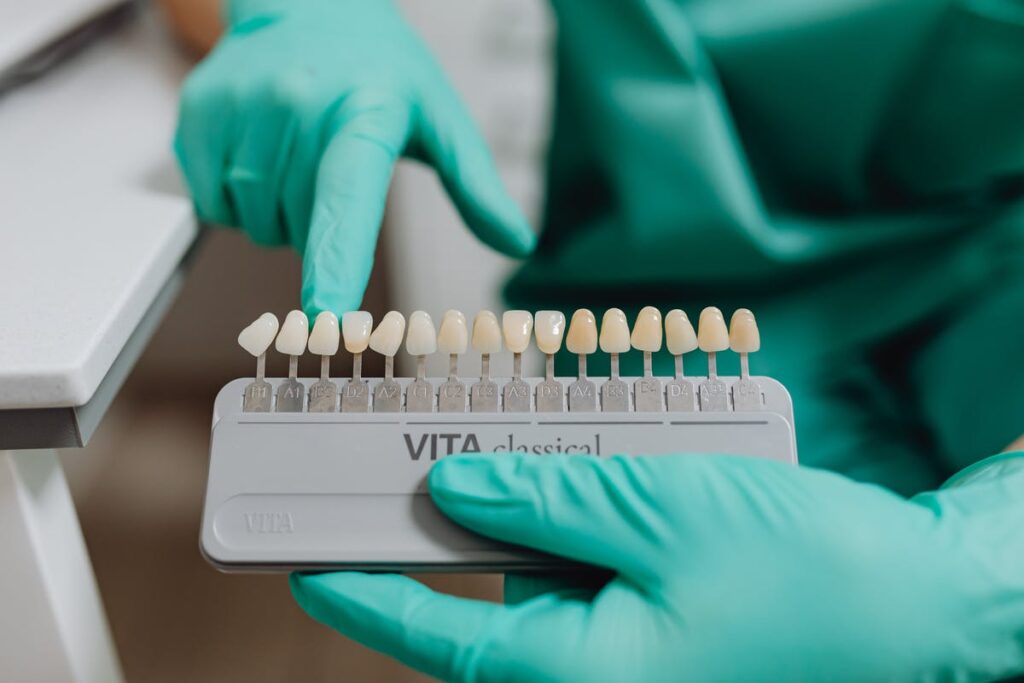
Navigating Your Child’s First Dental Appointment
Early dental visits for children are crucial to their overall health and well-being, preventing dental problems and practicing good oral hygiene habits they will follow throughout their lives.
Your first dental visit with your child to the dentist might be stressful for both of you. You may need to know what treatment your child will require and how to prepare them for their visit. Therefore, you must learn about children’s dental needs before scheduling an appointment for your child.
Understanding Children’s Dentistry
This section will cover everything you should know before your child’s first appointment with a dentist, like the timing, procedures specific to age, and costs.
Timing is Everything
Children must see an experienced dentist by the time they turn one. While this may seem premature, this first visit assists in identifying potential problems early and helps children become comfortable with visiting the dentist in the future. After this initial appointment, children should visit every six months or as their dentist suggests. You can contact a reputable dental facility like Always About Smiles Bethlehem dental clinic to make an appointment and give you an idea of when to bring your child for a check-up.
Pediatric Dentists V. Family Dentists
Family and pediatric dentists treat children, but pediatric dentists specialize specifically in children. Pediatric dentists have exceptional training in child development and behavior management and kid-friendly offices equipped using smaller furniture and toys for the waiting area. In addition, family dentists care for patients of all ages, including children. Finding dentists who make your child feel safe in their environment is vital.
Age-Specific Procedures
Your child’s dentist might recommend different procedures based on their age. For instance, children under three could only require a visual examination and gum probing, while children three and over might need cleaning and fluoride treatments. As your child ages, they might require orthodontic treatments such as retainers or braces to straighten their teeth. To know how much would implants cost, you can inquire about it with your dentist or visit a dental website online.
Addressing Dental Problems
If your child suffers from dental problems such as tooth decay and tooth decay, the dentist will recommend appropriate treatments, including fillings, extractions, or root canals. Early intervention is crucial in alleviating any further pain and discomfort for everyone. Your child’s dentist may recommend dental sealants – tiny layers placed directly on teeth to guard against future tooth decay. You can learn more here by reading posts and articles about the services of a reputable dentist.
Costs and Insurance
Dentistry for children is costly. However, the investment will pay dividends in the future. Before scheduling an appointment for your child, research costs and what your insurance covers. Many dental clinics also offer payment plans or financing solutions to make treatment less expensive and manageable. It’s also worth noting that some policies require pre-authorization to perform specific procedures. Be sure to get confirmation from them before scheduling an appointment.
Preparing for the Appointment
If your child will be attending the appointment, they need to know what to be expecting. Discussing with them the dentist and what will take place during their appointment can help; reading magazines or videos about visiting the dentist can be beneficial. Bring along with you an item like a doll or blanket to provide comfort for anxious children who might feel anxious when they are waiting for their appointment. Make sure you prepare your visit to ensure optimal results. Ensure your child is well-rested and nourished beforehand.
Developing Good Oral Hygiene Habits
Regular dental visits are essential, but dental hygiene at home should be prioritized. Encourage your kid to brush their teeth regularly using the soft bristle brush at least twice daily for two minutes, and then use fluoride toothpaste. Also, consider traditional floss or water if this is too difficult for the child. Also, avoid sugary drinks and snacks and promote healthier foods such as fruits and vegetables.
Conclusion
Taking your child to a trusted dentist is essential to their health and well-being. Starting early and finding the right dentist could prepare them for the future with good dental habits. The early detection of dental issues can also prevent further pain and damage. When you know the specifics of dental care for children, you can assist your child in enjoying a pleasant dental experience and maintaining good dental health.

